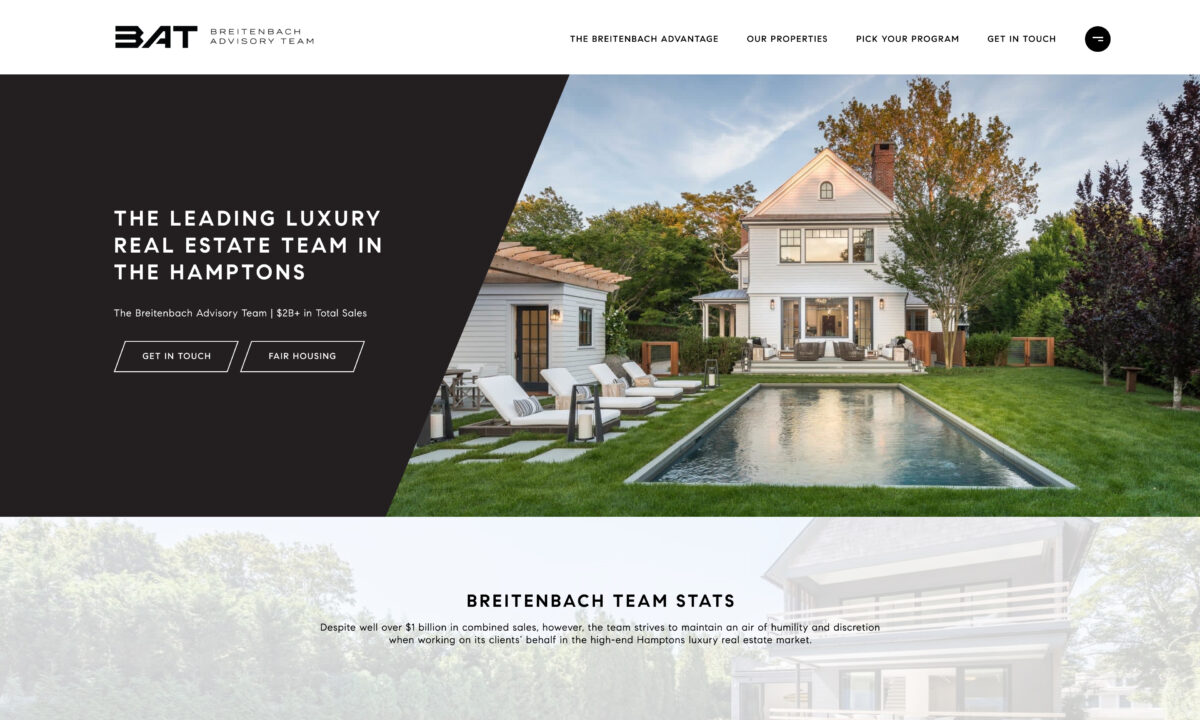Expert Insights on Buying and Selling in Real Estate Lockhart
Expert Insights on Buying and Selling in Real Estate Lockhart
Blog Article
The Future of Real Estate: Fads and Opportunities to Enjoy
As the actual estate landscape advances, it comes to be progressively important to understand the emerging trends and possibilities that will define the sector in the coming years. With these characteristics at play, a closer examination of the methods and adjustments necessary for success reveals appealing opportunities that could improve financial investment techniques and market habits.
Technical Technologies in Realty
Over the last few years, the genuine estate field has actually accepted a wave of technological technologies that are transforming typical practices. These improvements have significantly boosted efficiency, transparency, and decision-making procedures within the industry. Among the most significant innovations is the surge of huge data analytics, which enables property experts to examine market fads, predict building values, and recognize investment possibilities with unmatched accuracy. This data-driven technique enables stakeholders to make educated choices and minimizes the risks linked with residential property transactions.
Additionally, online reality (VIRTUAL REALITY) and augmented fact (AR) technologies are transforming residential or commercial property advertising and marketing by providing immersive experiences for potential buyers and renters. These devices permit clients to conduct digital tours of residential or commercial properties, consequently simplifying the search procedure and boosting client involvement. Furthermore, blockchain technology is gaining traction as a way to secure deals and preserve transparent records, thereby lessening fraudulence and expediting the closing procedure.
Smart home technologies are likewise ending up being progressively prevalent, making it possible for home owners to keep track of and manage their properties from another location (Real Estate Lockhart). Collectively, these technical innovations are reshaping the landscape of actual estate, cultivating a much more efficient, transparent, and customer-centric industry
Need for Sustainable Residences
As consumers progressively focus on ecological obligation, the need for sustainable homes has actually risen in the realty market. This change reflects a wider societal trend towards sustainability, with financiers and buyers looking for properties that minimize eco-friendly effect while optimizing energy effectiveness. Attributes such as solar panels, energy-efficient home appliances, and sustainable structure products are now watched as vital rather than optional.

Furthermore, the increase of green areas, which focus on walkability and access to public transportation, even more emphasizes this fad. These growths interest environmentally mindful buyers and promote a much healthier way of living.
As the need for lasting homes continues to climb, sector stakeholders should adjust to these assumptions. By prioritizing and welcoming ingenious practices sustainability, the property market can not only satisfy consumer need however also add to a much more sustainable future.
Altering Customer Demographics

Additionally, the aging useful reference populace is improving need for real estate. Child boomers are looking for downsized homes that provide accessibility and low maintenance, frequently favoring city setups with nearby facilities. This shift necessitates an emphasis on multi-generational real estate options that fit differing demands.
Moreover, cultural variety is playing a pivotal function in genuine estate patterns. As these demographic changes continue to develop, real estate professionals have to adjust their methods to address the needs of these different customers (Real Estate Lockhart).
Rise of Remote Job Influence
Progressively, the surge of remote work is changing the actual estate landscape, prompting significant shifts in customer preferences and area choices. As workers appreciate the flexibility of working from home, lots of are reviewing their household requirements, bring about a surge in demand for homes in rural and rural locations. This fad is largely driven by the wish for even more sizable living environments that can accommodate office and a much better top quality of life.
Moreover, urban centers, when the centerpiece for purchasers, are witnessing a progressive decrease in need as people focus on price and accessibility to nature. Genuine estate designers and investors are shifting their emphasis towards residential properties that use home workplace areas, outdoor amenities, and closeness to vital solutions.
This progressing landscape requires a reevaluation of conventional market techniques. Real estate professionals need to adjust to the altering preferences of customers, highlighting the significance of way of living consider their marketing strategies. Furthermore, home builders are increasingly prioritizing versatile floor plans that accommodate the double needs of living and working, making sure that they continue to be competitive in a quickly changing market. The effects of remote work on property are profound, forming future trends and chances.
Financial Investment Opportunities in Emerging Markets
Financial investment opportunities in emerging markets are continually standing out from real estate investors seeking diversification and growth possibility. These markets, defined by quick financial advancement, boosting urbanization, and a growing middle class, present special prospects for wise capitalists. Nations in Southeast Asia, Africa, and Latin America are seeing substantial framework enhancements and positive federal government policies, which further enhance their charm.
Actual estate industries such as domestic, commercial, and logistics are experiencing enhanced demand due to city migration and advancing consumer preferences. Notably, cities like Ho Chi Minh City, Nairobi, and Medellín are becoming hotspots for investment as a result of their broadening economic climates and youthful demographics.
Investors need to perform detailed market evaluations to identify crucial patterns, such as shifts in populace characteristics and financial security, which can affect building values. Furthermore, collaborations with local property firms can assist in successful entry and navigation in these markets.
Nonetheless, it's crucial to be mindful of prospective dangers, consisting of political instability and regulatory difficulties. By evaluating these variables and taking on a long-term viewpoint, blog financiers can efficiently profit from the rewarding possibilities emerging in these creating regions.

Conclusion
In conclusion, the future of genuine estate will certainly be considerably affected by technological innovations, an expanding emphasis on sustainability, and advancing purchaser demographics. Navigating this changing landscape try this will require tactical partnerships and an eager understanding of market characteristics to capitalize on the fads forming the industry.
As the actual estate landscape evolves, it comes to be significantly essential to comprehend the arising fads and opportunities that will specify the market in the coming years. One of the most noteworthy technologies is the surge of huge information analytics, which enables real estate specialists to evaluate market patterns, anticipate building worths, and identify investment chances with extraordinary precision.As consumers progressively prioritize ecological obligation, the demand for sustainable residential or commercial properties has surged in the genuine estate market. The implications of remote work on real estate are profound, shaping future fads and opportunities.
Investment opportunities in emerging markets are regularly attracting focus from actual estate investors looking for diversity and growth possibility.
Report this page